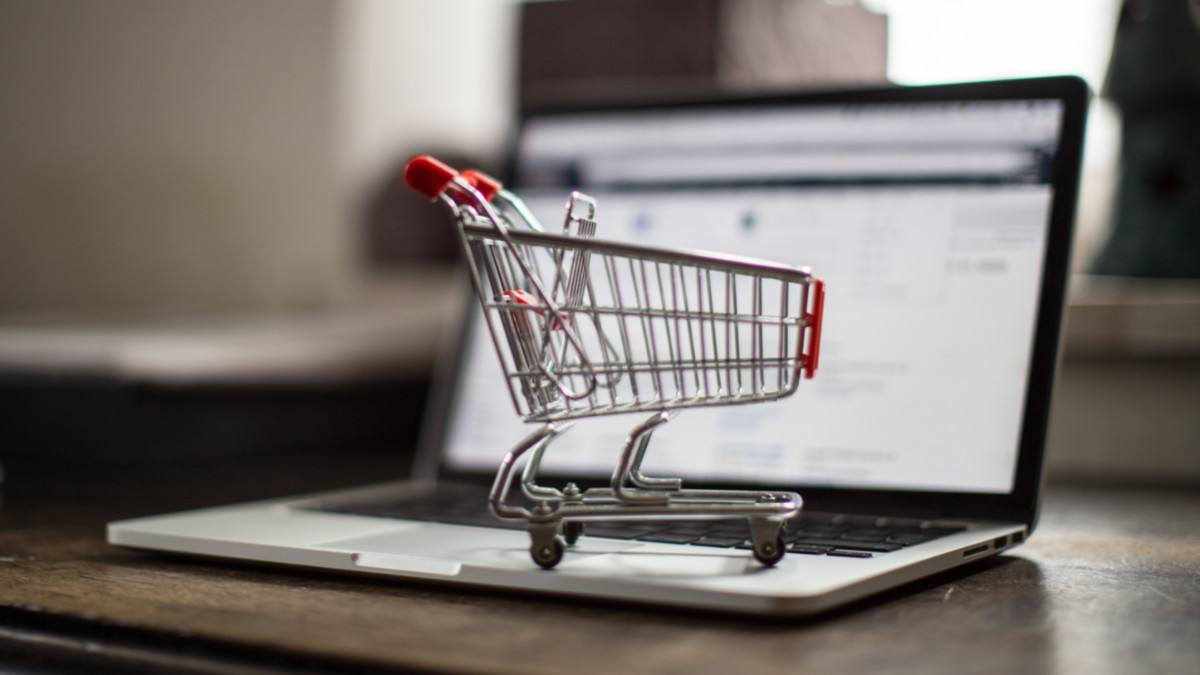Online shopping in Australia hasn’t really taken off yet, but NAB says COVID-19 will help with that

Australia has been slow to adapt to the world of online shopping but COVID-19 will change all that.
There has been much hype about online shopping in Australia. On one hand many retail chains have closed their doors or taken a big hit to their share price — most notably Myer (ASX:MYR) was a $2bn company a decade ago and now is worth just $100m.
And on the other hand, there has been an increasing number of online players entering the market, from American giant Amazon (NDQ:AMZN) to Australian founded Redbubble (ASX:RBL).
But according to NAB, online buying hasn’t struck a significant chord with consumers just yet. The bank estimates as of February this year that only 10 per cent of all retail sales in Australia were online.
But with the social distancing practices now in place, people have little choice than to use their phones or tablets to shop. NAB thinks this will be the catalyst for online shopping to take off in Australia. It also thinks things may not return to normal when the crisis ends.
“Going forward [online shopping] is likely to become the default way to shop for a growing range of product categories,” NAB said.
“Once consumers get into the habit of doing something, it can quite quickly become routine. We may see the market penetration of online deepen as people historically more reluctant to use ecommerce, such as the elderly, change their habits.”
NAB noted retailers were taking steps to involve consumers reluctant to embrace online shopping. For example, some chains are giving elderly shoppers priority access to online delivery slots.
Nonetheless the bank conceded some physical retailers may see a reprieve when lockdown measures come to an end.
Businesses need to adapt
The declaration came as part of the bank’s quarterly consumer anxiety survey.
Unsurprisingly this has risen since the last quarter, but in the index’s terms only 4 per cent more.
Admittedly, much of the quarter was without the lockdown restrictions in place since many only kicked in from mid-March. But NAB said it was possible that consumers might eventually get used to these radical changes.
“While the full implications of the virus remain uncertain, there is a broad understanding among Australians that life is going to be very different for quite a while yet,” the bank said.
“Most people spend a great deal of effort trying to avoid change, but typically find they are a lot more adaptable than they first believed. What might seem like radical change can quickly become normalised.
“This raises three key questions which will shape consumer behaviours going forward. Firstly, to what extent will consumers simply revert to their previous actions once they’re able to return to more normal routines?
“Secondly, will consumers embrace a more frugal lifestyle or will spending rebound strongly once concerns around the virus dissipate? And finally, what new, and potential lasting innovative solutions will businesses and entrepreneurs discover to help consumers adapt and potentially thrive in this new world?”
For the time being, businesses that sell essential items and anything revolving around being at home are tipped to do well.
NAB specifically named toilet paper, fitness equipment, gardening supplies and home improvement as potential beneficiaries of the coronavirus crisis.
Related Topics
UNLOCK INSIGHTS
Discover the untold stories of emerging ASX stocks.
Daily news and expert analysis, it's free to subscribe.
By proceeding, you confirm you understand that we handle personal information in accordance with our Privacy Policy.








